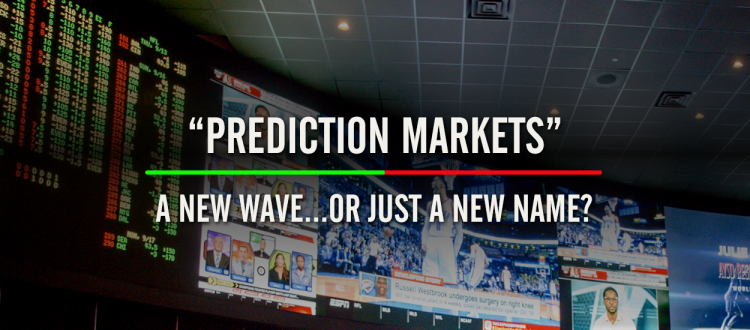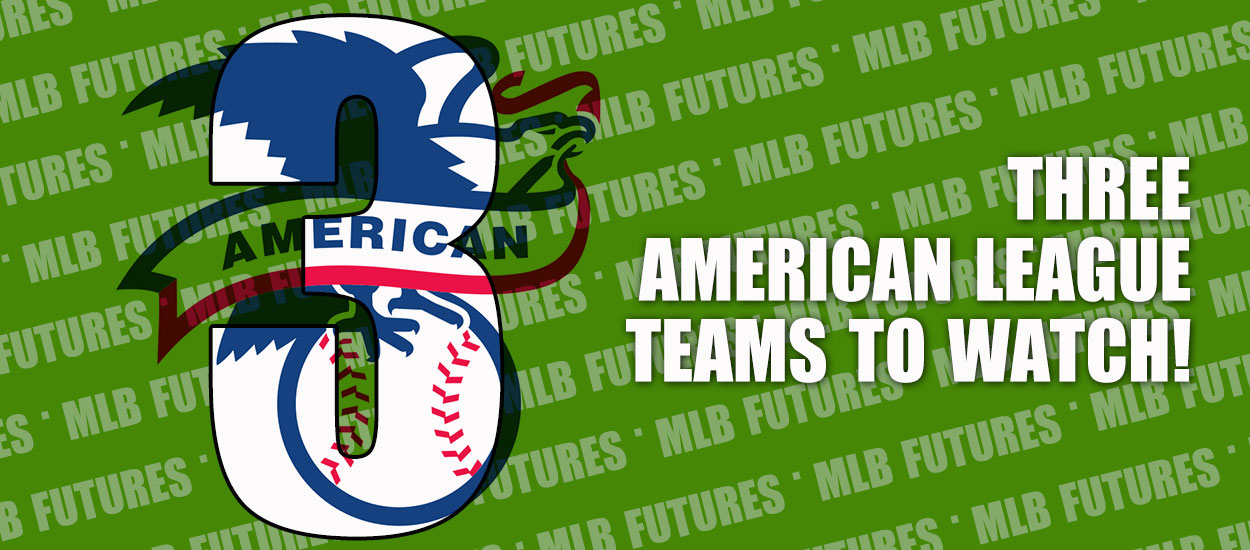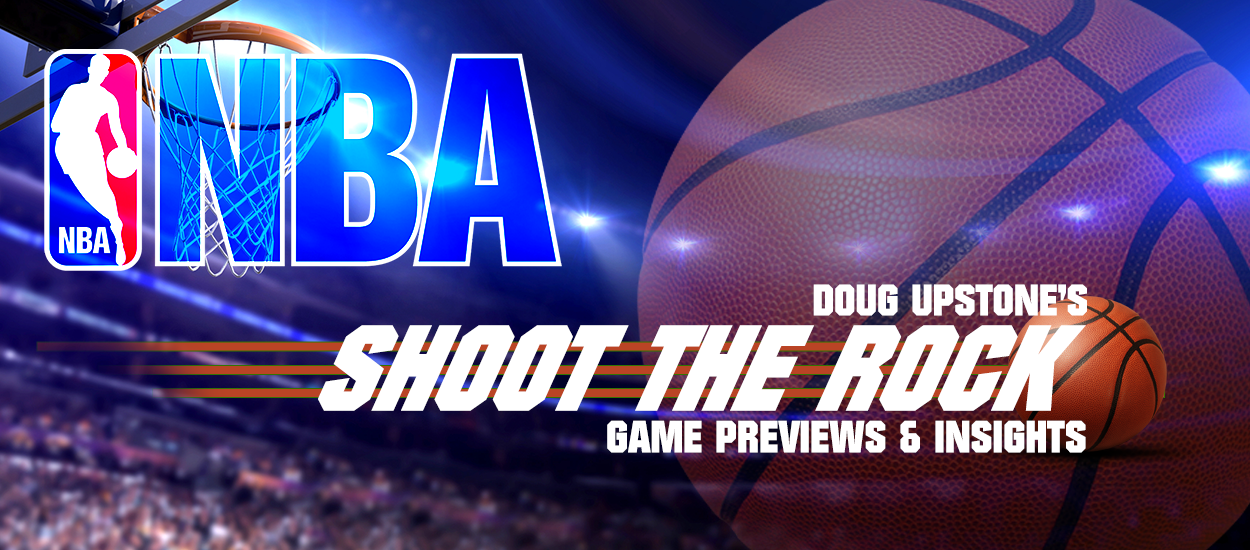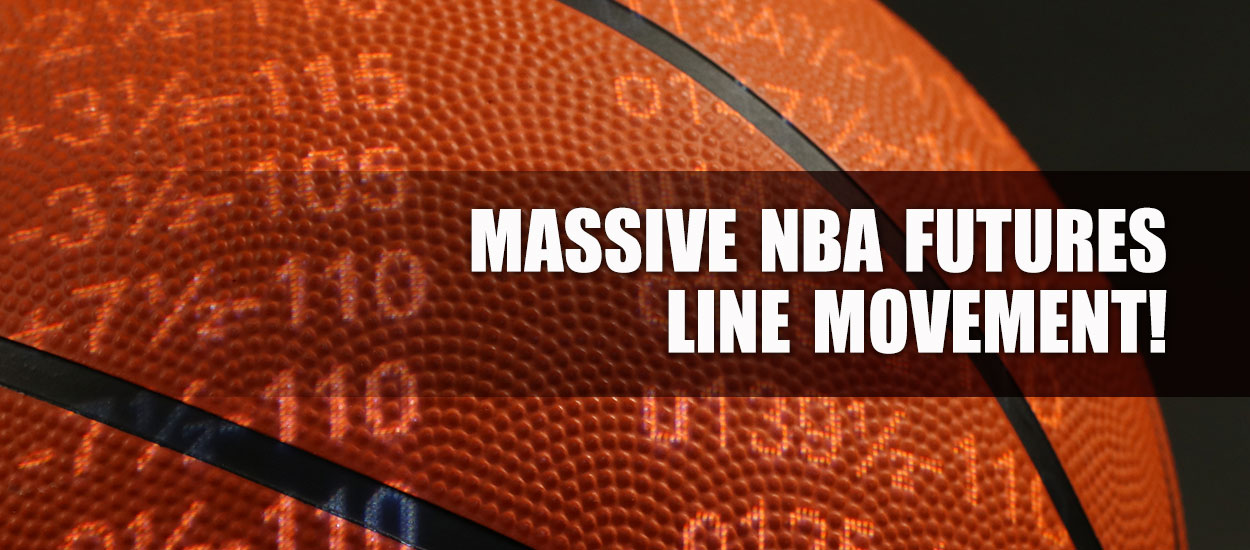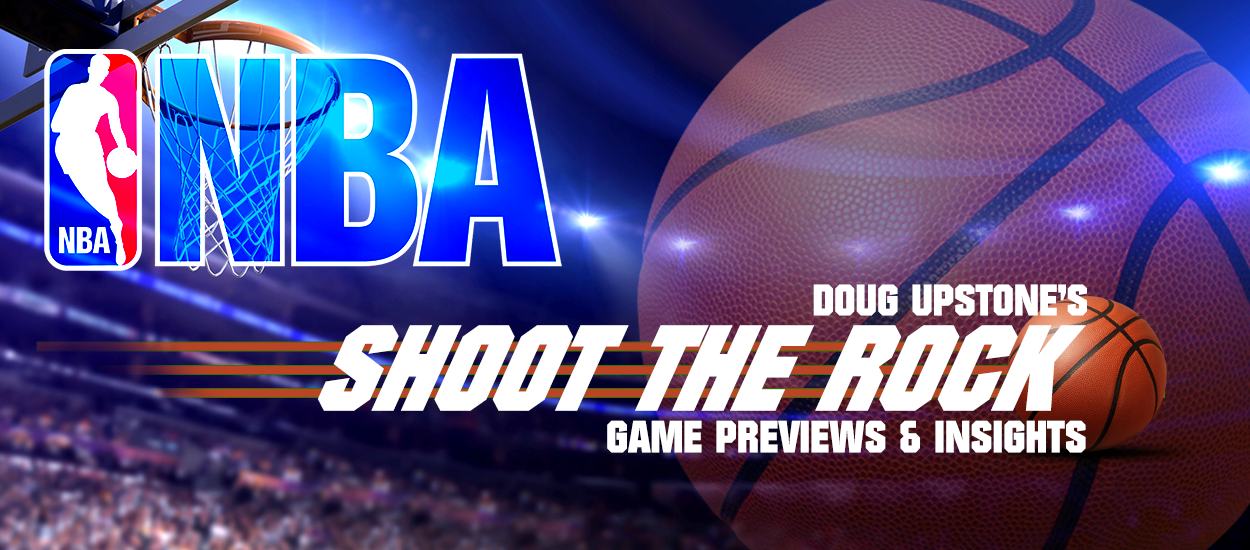Prediction Markets Now Include Sports Betting, Nationwide
One of the biggest topics in wagering these days is prediction markets. While they have been around to some degree for almost a decade, it was only in 2024 when both Polymarket and Kalshi predicted the U.S. election outcome far more accurately than polls that prediction markets got noticed. For those unfamiliar with prediction markets, the following brief explanation should provide an idea of exactly what they are.
What is a prediction market?
Prediction markets operate like a stock market, where users trade positions based on the likelihood of an event occurring. Prediction markets generally focus on politics, economics, entertainment such as award shows, and events that are not normally covered by licensed sportsbooks in the United States. In the United States, prior to the last election, no sportsbook offered odds to win the election for fear of breaking the law, although they did offer odds in other countries. So, Flutter, Bet365, etc. had odds to win the Presidential and many state elections at their sites based in the UK, Canada, Australia, and around the world, but not at sites in the United States. And for bets on other non-sporting events such as the Oscars, only seven U.S. states allow betting on non-sporting events, although it is legal in almost every other country.
But prediction markets are treated differently, allowing bets on each of the above events. They are considered a form of stock trading, whereby those participating trade contracts on the events. Consequently, because stock trading is legal everywhere in the U.S., prediction markets are also legal in every state, including those that don’t allow any form of betting whatsoever like Utah, Hawaii and Alaska. The Commodity Futures Trading Commission (CFTC) tried to get Kalshi declared illegal in 2024 but after it was clear they were going to lose, the CFTC dropped its case in May of 2025, thus making prediction markets legal for all intents and purposes.
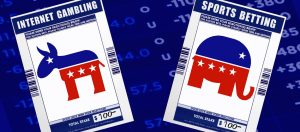 The opening price for a market is set by the prediction market company, like Kalshi, based on requests from its users and the contracts are traded based on the probability of the event occurring. So, a couple of months prior to the 2024 election, when most polls were showing Kamala Harris was likely to win the election, Donald Trump remained favored from the time the prediction market was created and even as momentum swung for Harris, Trump’s probability ranged from 58% to 75% to win throughout 2024 at Kalshi and Polymarket. And on election day before polls opened, Trump was shown to have a 60% chance of winning at Kalshi. In explaining why prediction markets are better predictors than polls, Kalshi CEO Tarek Mansour told Fortune Magazine that polls can be politically based and people lie to pollsters. But with prediction markets there’s an incentive to be honest and truthful because “people don’t lie when money is on the line”.
The opening price for a market is set by the prediction market company, like Kalshi, based on requests from its users and the contracts are traded based on the probability of the event occurring. So, a couple of months prior to the 2024 election, when most polls were showing Kamala Harris was likely to win the election, Donald Trump remained favored from the time the prediction market was created and even as momentum swung for Harris, Trump’s probability ranged from 58% to 75% to win throughout 2024 at Kalshi and Polymarket. And on election day before polls opened, Trump was shown to have a 60% chance of winning at Kalshi. In explaining why prediction markets are better predictors than polls, Kalshi CEO Tarek Mansour told Fortune Magazine that polls can be politically based and people lie to pollsters. But with prediction markets there’s an incentive to be honest and truthful because “people don’t lie when money is on the line”.
Prediction Markets are different
Many will likely wonder what the difference is between a prediction market and a betting exchange, such as Betfair or Betdaq. At Betfair customers trade on events like the Oscars or elections all the time and the market price moves based on what customers think. The one main difference is that with prediction markets, Kalshi or other prediction markets take a 4-5% trading fee, whereas at the betting exchange, the company takes a commission on only winning bets ranging from 2% to 5% depending on how much the customer wagers over the year. And that difference is important. Most governments view a commission as a form of bookmaking since they get a percentage of the customer losses, whereas a trading fee is just seen as a convenience fee for overseeing the trade. Governments view that as a business expense and hence do not see companies like E-Trade, Vanguard, Morgan Stanley or Robinhood, who conduct these trades, to be bookmakers.
The other main difference is that prediction markets have tended to concentrate on non-sporting events, whereas betting exchanges focus on sports. But that difference has now been turned on its head.
Just last week Kalshi partnered with Robinhood to offer sports-based prediction markets on NFL and college football games, which has raised the eyebrows of those in the industry and no doubt states that have yet to regulate sports betting. But those states may not have a leg to stand on. When the CFTC dropped its case against Kalshi they effectively gave up the right to force the company to concentrate only on non-sports markets, so any complaints will have to be launched by the states themselves. No doubt the governors of Utah and Alaska will vehemently oppose the move by Kalshi to move into sports, but that may likely be tied up in the courts for years. And it doesn’t seem like the current federal government that prides itself to be a “technologically advanced government” that promotes things like cryptocurrency and AI will want to rock the boat. And Kalshi knows that too. When the CFTC chose to dismiss its suit against Kalshi, Tarek Monsour said.
“Kalshi’s approach has officially and definitively secured the future of prediction markets in America.”
Polymarket, which stopped serving U.S. markets in 2022 and paid a $1.4 million fine to the CFTC for its operations in the United States is now set to return following the Kalshi ruling and it’s almost certain other companies are looking at the opportunity as well.
Fan Duel offers up Futures Day to kick off “trading”
One sportsbook that seems to be ready to jump at the new opportunity is FanDuel. On its sites in the United States and Ontario, FanDuel has put out an announcement that said, “The Futures are coming,” and is promoting something called Futures Day, today on August 26th. The exact wording on the site’s promo said:
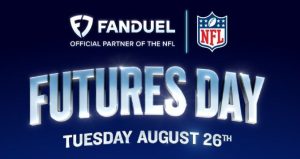 “Tuesday August 26. A great day for football. A great day for fans. A great day for the future. Because for the first time ever FanDuel Futures Day is coming. Your calls. Your odds. Your futures. So if you think you know how the season will end bet on it. The Futures are coming. Don’t miss out on the first ever FanDuel Futures Day on Tuesday August 26!”
“Tuesday August 26. A great day for football. A great day for fans. A great day for the future. Because for the first time ever FanDuel Futures Day is coming. Your calls. Your odds. Your futures. So if you think you know how the season will end bet on it. The Futures are coming. Don’t miss out on the first ever FanDuel Futures Day on Tuesday August 26!”
It’s uncertain what exactly is unique about that day if it only offers future bets on NFL and College, related wins or props since those types of future bets were always available at FanDuel, but clearly it’s a way for the company to tell bettors that they can have the same opportunity at FanDuel to buy and sell futures at their sportsbook as they have at Kalshi or other prediction market. But FanDuel likely has a much bigger motive in promoting this Futures Day. A few days back FanDuel announced a partnership with CME Group to expand access to financial markets with event-based contracts, a clear attempt to take advantage of the prediction markets craze. On the Flutter Entertainment website, the following press release was made – CME Group and FanDuel Partner to Develop Innovative Event Contracts Platform:
“Individual investors are increasingly sophisticated and continually pursuing new financial opportunities,” said Terry Duffy, CME Group Chairman and Chief Executive Officer. “To meet this demand, we have created this innovative partnership, which will operate a non-clearing FCM. Together, our event-based products will appeal to the growing public interest in markets, and we will provide education to attract a new generation of potential traders not active in derivatives today.
Partnering with CME Group will unlock our ability to bring even more new and engaging products to FanDuel’s fast-growing customer base,” said Amy Howe, CEO of FanDuel Group. “We believe there is potentially a wide audience for trading event-based markets and we want to provide a platform that allows our customers to engage in this activity. We are excited to be partnering with CME Group to design new and engaging products, combining innovation with best-in-class regulatory compliance and consumer protections.
As part of the partnership, CME Group and FanDuel will form a new joint venture, under which they will operate a non-clearing futures commission merchant (FCM) that will facilitate access to these event-based contracts through FanDuel.
Pending CFTC regulatory review, event contracts will be listed on and subject to the rules of CME Group exchanges and available through all participating FCMs.”
By all accounts FanDuel is prepared to offer yes/no propositions for day trading on everything from oil and gas prices, to closing numbers for cryptocurrencies, S&P and NASDAQ futures, the price of the USD vs. the GBP, etc. And no doubt they will launch markets for the midterm elections and Oscars – basically saying what’s good for the goose is good for the gander. So, if the CFTC does not challenge Kalshi for offering football prediction markets then FanDuel is basically telling the CFTC that too can play at that game. And by partnering with CME the company will be able to access all states they currently don’t have access to, since sports betting is illegal, but sports trading apparently is ok – per the CFTC.
The future of sports betting?
While there are no other companies that have announced similar plans, it is very likely that companies like DraftKings, MGM and Caesars will be anxiously looking to partner with a trading platform to follow suit. If that happens then the line between sports betting and prediction markets will become very blurred, possibly leading to a situation where a federal law will be passed that allows all forms of gambling to be legal in the United States. And companies like MGM, Caesars and Flutter have been calling for that even before PASPA was overturned by the Supreme Court in 2017.
Moreover, if prediction markets are declared legal for all forms of sports, then it allows all the sports betting companies a possible way out of paying the ridiculously high taxes in states like New York or Pennsylvania since stock gains have a completely different tax than sports betting does. I reached out to a tax accountant based in Buffalo, NY who said that stock profits including those from day trading are taxed to the trader as regular income taxes and the commodity company like Kalshi or CME only pays regular corporate taxes on profits. If that is indeed the case, it is a huge game changer. It would be geat to hear from other accountants and weigh in on the validity of that assessment in the comments below.
So, it appears the CFTC has created a three-headed monster. By allowing Kalshi to operate prediction markets, it opens the door for any legal sports betting company to do the same and if that becomes the way of the future, it will force many states to accept wagers on sports and non-sporting events – even if goes against the state’s constitution, as is the case with Utah. In any case, right now prediction markets are the talk of the industry and it may turn out to be a huge blessing to traditional sportsbooks who may have found a loophole to circumvent some of the massive taxes the are paying. If traditional online sportsbooks can somehow turn every bet in the United States into a type of prediction market subject to a trading fee, rather than a bet subject to vig, the term sportsbook may soon disappear from online sports betting.
Read articles on sports betting and the North American gambling industry from Hartley Henderson here at GamblersWORLD. Find Hartley on X at @HartleyHenders1

